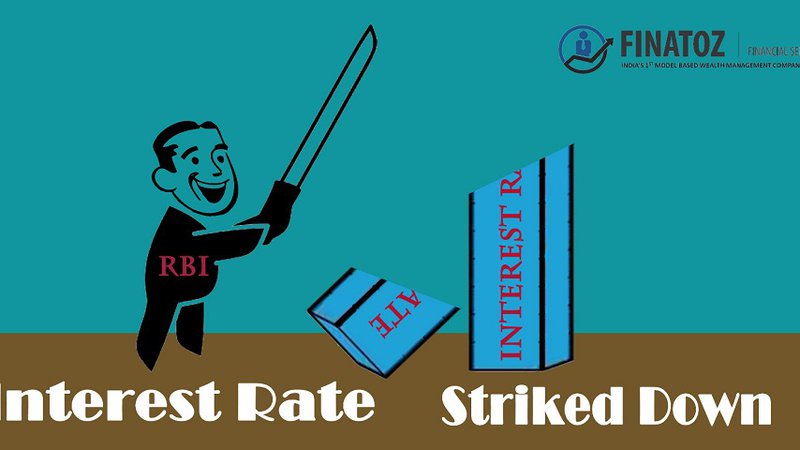RBI cuts repo rate by 25bps. How will it impact you?

New RBI Governor, Urjit Patel, is straight into action. RBI cut its key interest rate by 0.25% in its October monetary policy review for financial year 2016-17. The repo rate, the rate at which RBI lends money to commercial banks, now stands at 6.25%.
When the interest rate is low, lending by banking system becomes a bit cheaper, leading to a fall in your monthly EMI, thereby providing a boost to industry and economy in overall.
Reduction
in the interest rate will have the following effects for you:
Home loans will become cheaper
This will have a soothing effect on real estate sector which is bleeding with high inventory and high interest rates. With new home loans becoming less costly, demand is likely to pick up. This will help the sector sell some of the unsold inventory. Also, your existing home loan is also likely to get cheaper thereby putting more money in your hands.
Bank Fixed Deposits will give even lesser interest
Bank FDs will become even less attractive since the saving rates are linked to repo rate set by RBI. There is an added pressure on banks by the RBI to pass on the benefit to the end customer. Hence the Fixed deposits are likely to offer lesser interest very soon forcing the conservative investor to look for alternatives for investments. Some of the alternatives worth considering are Diversified Mutual Funds, Corporate Bonds and Gold.
Consumer spending will increase thereby boosting economy
A fall in the interest rate prompts one to save less and spend more. Hence, you are likely to spend more money than what you do now. This will help sectors like Fast Moving Consumer Goods, Automobiles, Consumer Durables (TV, Fridge, Mobile etc). Companies from these sectors are hence likely to gain as part of this move.
Cheaper car and student loans
Other categories of loans like car and education may also become cheaper boosting economy further. Start-ups can also avail loans at a lesser rate as banks and other lending institutions compete with each other to offer loans at more favorable rates.
Better Job market
When capital becomes cheaper, companies tend to expand their operations, thus, generating employment as they would need more manpower. This, coupled with government reforms will increase industrial output, and hence Gross Domestic Product.
Equity Markets
The positive impact on consumption along with lower interest outgo would also mean high profits and thus better valuations for the equity market. Also, more money is likely to flow into mutual funds since traditional saving instruments like Bank FDs become less attractive. Since Mutual Funds in turn invest in equity markets, more flow of money will come in equity markets thereby increasing their valuation further.
In conclusion, the decrease in interest rate will be good for the Indian domestic industry and economy in general. However, this might also induce inflationary pressure on the economy which may have its own adverse impact in the long run. Time will tell how RBI maintains the balancing act to ensure inflation does not stick its ugly head out and fails to derail the recovery of our domestic economy.

